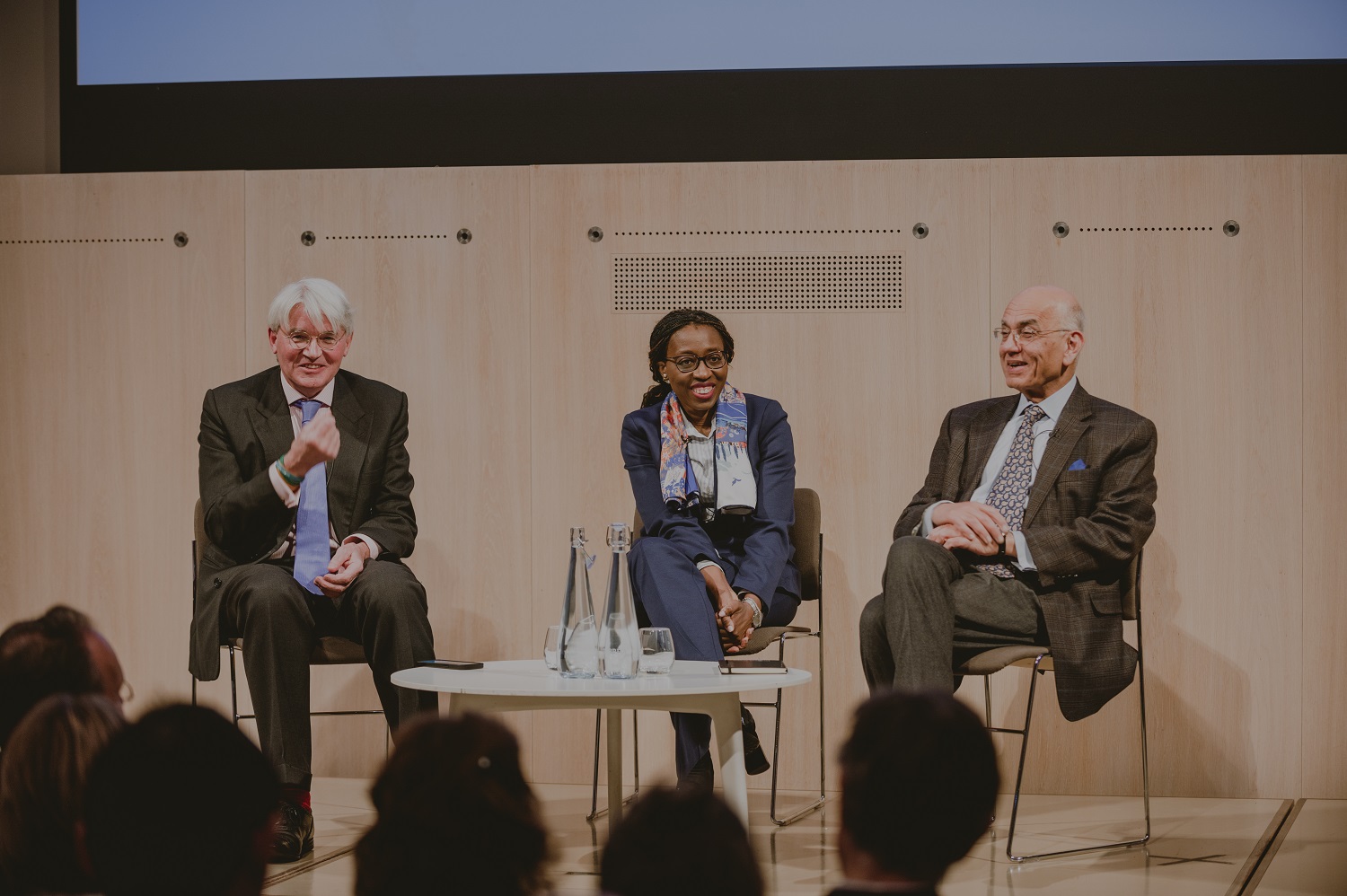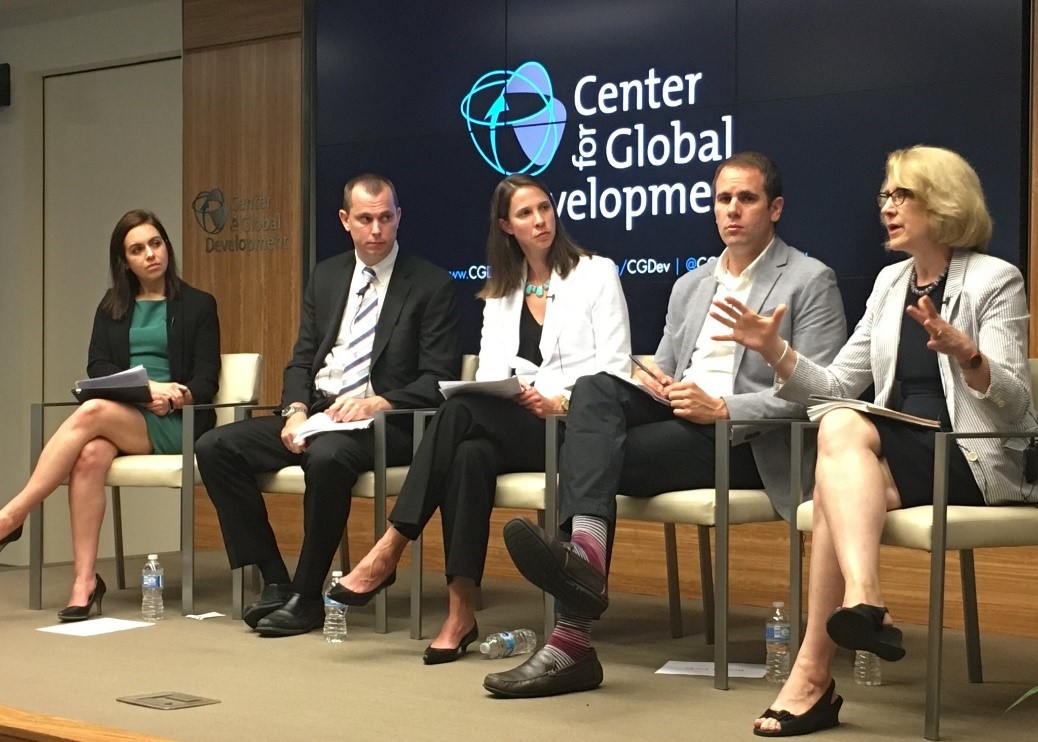The President’s budget submission was perfectly timed this year to coincide with Ground Hog Day. And just like Bill Murray, we lined up to argue yet again about whether the current president has demonstrated a true commitment to global security and poverty. By that, the script is always whether he’s proposing a big increase for development budgets. It’s all about dollars. Both topline dollars and program specific dollars. And if he doesn’t drop a doozy of a development number, then the standard dialogue (or rather series of monologues) is about how US security and foreign policy will be imperiled. How millions of lives will be put in jeopardy. And how crisis upon crisis will soon follow. It’s a very sensationalist and very tired plot line. In its place, the mass-market should be focused not on spending lines, but on what US development policies and programs are actually achieving.
In that calendar, Budget Day would be just another day. Instead, other dates would garner much more attention. Such as August 21st, when USAID releases its annual performance report. Or May 21st, when OPIC publishes its annual report. Or when Power Africa delivers its performance update every July. The reviews would be focused on whether each of these agencies or initiatives are delivering real value for taxpayer money or adequately leveraging their balance sheet to expand economic opportunities abroad. After that, the development wonks and watchdogs would scour the books for ways to deliver better and more efficient results. Yes, agency or program budget numbers would feed into that story. Sometimes it might even make sense to focus on them. But, they often should be a side story, a minor part of the central plot line.
All of this would naturally contribute to a greater appreciation that development results ≠ dollars spent. Moreover, many of the most relevant development approaches don’t cost US taxpayers a dime, such as spurring private capital via OPIC and investment promotion treaties or expanding economic opportunities and remittances through H2 visas for Haitians. The existing budget fetish means that these efforts are overwhelmed by whether country X or issue in vogue Y are getting $500 million this year or just $400 million. We’d expect the Beltway bandits with an eye on contracts to track the budget numbers with a laser-focus. It’s a problem when the broader development community focuses on the President’s budget much more than when US agencies publish what they’re actually achieving on the ground.
CGD blog posts reflect the views of the authors, drawing on prior research and experience in their areas of expertise.
CGD is a nonpartisan, independent organization and does not take institutional positions.





